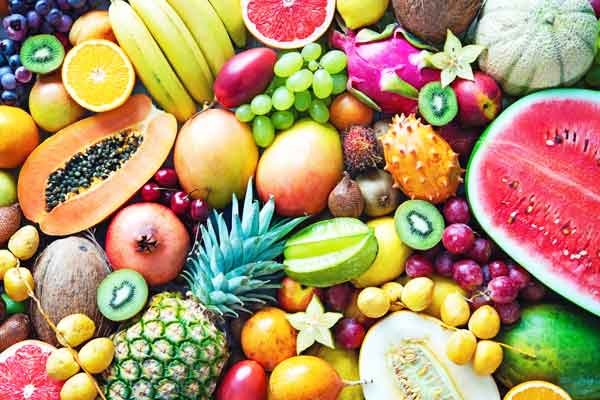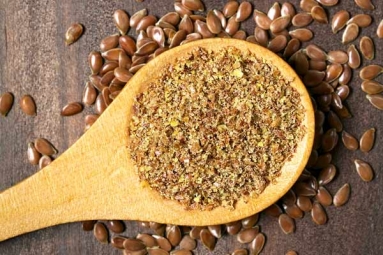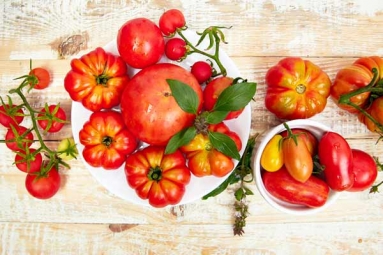
(Image source from: Canva.com)
For many individuals, the journey into adulthood can often seem like a relentless pursuit of meeting daily protein needs. Although we typically link protein consumption with both vegetarian and non-vegetarian items, it's interesting to note that certain fruits can also assist in fulfilling these protein targets. Let’s take a closer look at which fruits are on the high and low ends of the protein scale.
Deepalakshmi, a registered dietitian at Shree Balaji Medical Centre in Chennai, noted that while fruits aren't usually thought of as main protein sources, certain types offer significantly higher levels than others and can provide a modest contribution to one’s daily intake. "Among the fruits we commonly enjoy, guava emerges as the leader in protein content, delivering around 2.6 to 3 grams of protein per 100 grams. Additionally, it is a good source of dietary fiber, vitamin C, and antioxidants, which collectively promote digestive health, immune support, and overall wellness," she explained.
She also stated that consuming a medium-sized guava, weighing approximately 150 to 200 grams daily, could yield about 4 to 6 grams of protein along with valuable micronutrients. This makes guava an excellent choice for those wanting to enhance their protein consumption through plant-based options while also enjoying its vitamins and fiber. On the contrary, watermelon is at the lower end, containing just 0.6 grams of protein per 100 grams. "Although it lacks in protein, watermelon is exceptionally hydrating and supplies essential nutrients like vitamins A and C, potassium, and antioxidants such as lycopene. Thanks to its high water content, it’s a fantastic choice for maintaining hydration, particularly in warmer weather or post-exercise," she remarked.
Incorporating about one to two cups, or 200 to 300 grams, of watermelon into your daily diet can aid in hydration, support electrolyte balance, and provide antioxidants; however, it should not be depended upon for protein needs. While fruits alone cannot fulfill daily protein requirements, adding protein-rich fruits like guava can enhance overall intake. Nevertheless, for those looking to boost their protein levels, Deepalakshmi recommended combining fruit consumption with other high-protein options like yogurt, nuts, seeds, or plant-based proteins such as legumes. By thoughtfully pairing protein-dense fruits with other nutrient-rich foods, one can achieve a balanced diet that fosters muscle health, metabolism, and overall nutritional well-being.







